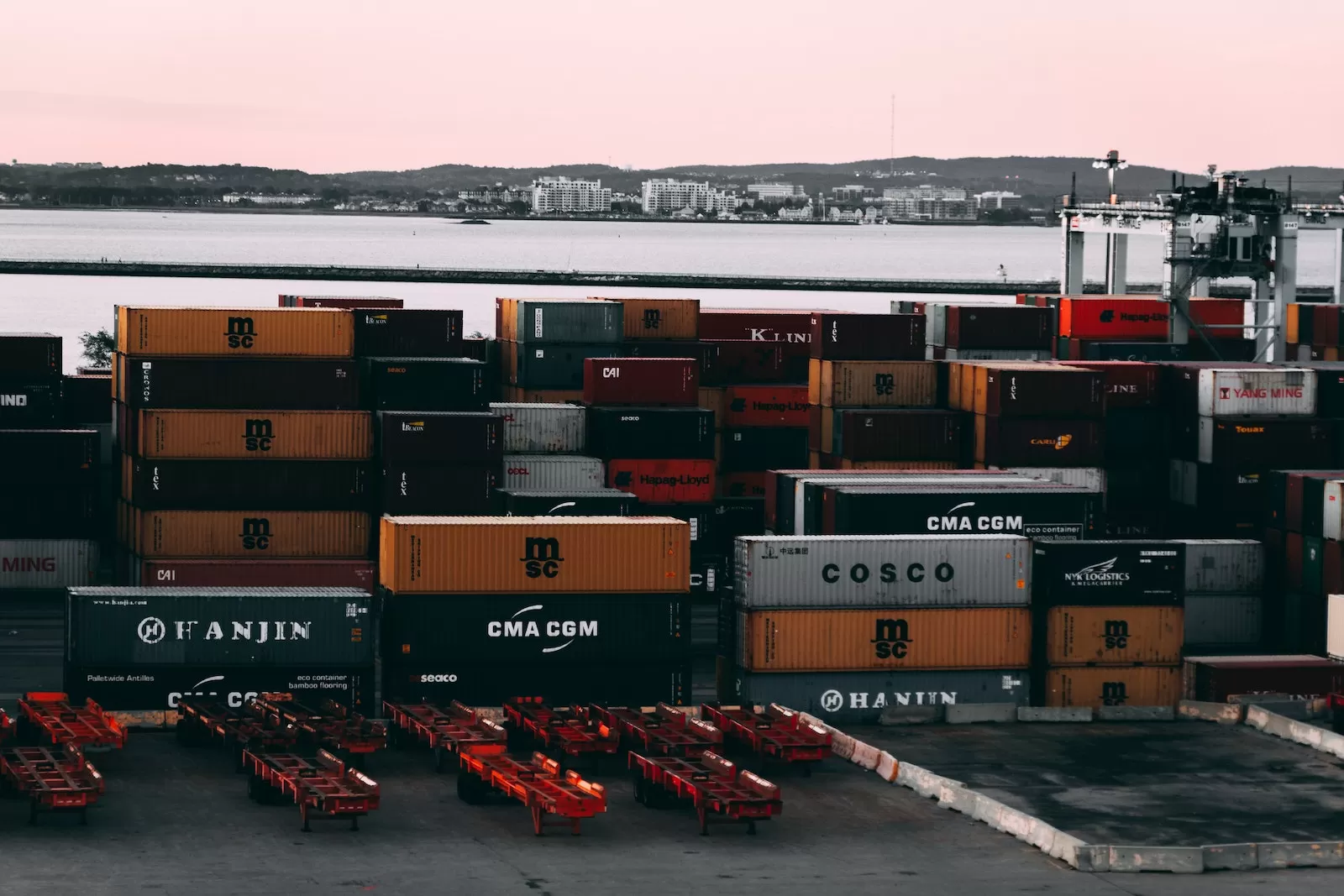Having a reliable, comprehensive shipping forwarder is essential for any successful supply chain operation. Shipping forwarders provide crucial services that bridge the gap between the exporter and the importer, ensuring the safe and timely delivery of goods. The complexity of global trade regulations and the need for efficient logistics can make it difficult to know all the services a shipping forwarders should offer, but it doesn’t have to be overwhelming. In this blog post, we’ll provide the ultimate checklist for shipping forwarders, so you can ensure that your supply chain is leveraging the best services available. With the right knowledge, you can develop a streamlined, cost-effective shipping forwarder setup that covers all your shipping needs. Let’s get started!
1. Establishing a Shipping Strategy
Establishing a shipping strategy is essential in order to ensure that your supply chain runs smoothly and efficiently. This strategy should take into account your business’s needs, such as budget, delivery time, and the type of goods being shipped. By outlining your goals and objectives, you can create a plan that meets your needs while also considering industry-specific trends and regulations. Additionally, it is important to identify all possible shipping methods, from ground to air, to determine which is most suitable for your needs and budget. A proper shipping strategy sets the foundation for a successful supply chain.
2. Securing Capacity in the Marketplace
Securing capacity in the marketplace is essential for shipping forwarders. With the rise of e-commerce and other digital solutions, the demand for shipping capacity has become increasingly competitive as more and more companies seek to fulfil their customers’ orders. Shipping forwarders can play a major role in helping their clients secure capacity in the marketplace, by leveraging their knowledge of market trends and their ability to negotiate with carriers. Through careful analysis of market conditions and carriers’ capacities, forwarders can help their clients secure the most competitive rates and ensure their goods arrive at their destination on time.
3. Cargo Insurance
Cargo insurance is essential to protect your supply chain in the case of loss or damage to shipments. Cargo insurance is a type of marine insurance that covers goods while they are in transit, whether they are being shipped by air, sea, rail, or road. It can provide compensation for the cost of loss or damage to goods due to any cause other than the insured party’s negligence. The cost of cargo insurance varies depending on the type of goods, the mode of transport, and the route taken. Make sure you research the best cargo insurance provider and policy for your business and budget.
4. Warehousing and Inventory Control
Warehousing and inventory control is an essential service for ensuring efficient and timely shipping. Warehousing provides a secure and convenient place to store inventory and manage stock levels. Inventory control involves tracking inventory levels in real-time, reviewing inventory discrepancies, and implementing quality control measures. With the right warehousing and inventory control system, you’ll be able to increase accuracy and efficiency, reduce costs, and ensure that your supply chain runs smoothly.

5. Documentation Management
Documentation management is an essential service for shipping forwarders. This involves the storage, tracking, and retrieval of documents such as manifests, bills of lading, and invoices. With an effective system in place, forwarders can ensure all documents are up-to-date and accurate, as well as accessible to the relevant parties. It is also important to ensure that documents are securely stored to protect confidential information, and that data is backed up regularly. Document management services should be tailored to the specific needs of your supply chain.
6. Customs Compliance
Being compliant with customs regulations is essential for shipping forwarders. Customs compliance requires a thorough understanding of all applicable laws, regulations, and requirements in the countries and states involved. This includes filing the necessary paperwork, ensuring correct product classifications and HTS codes, and ensuring accurate valuation of shipments. Additionally, shipping forwarders must ensure that they are compliant with hazardous material restrictions, import and export quotas, and export control regulations, among many others. Failure to comply with these requirements can lead to costly delays and costly fines or penalties.
7. Visibility and Tracking Solutions
Visibility and tracking solutions are essential for any shipping forwarder. This technology ensures that goods are tracked throughout their entire journey, from the moment they’re picked up to when they’re delivered. With visibility and tracking solutions, shippers can easily monitor the status of their shipments, anticipate potential delays, and respond to customer inquiries. Additionally, these solutions provide detailed insights into how resources are utilized and can help identify areas where cost savings can be realized.
8. Payment Solutions
Payment solutions are essential for shipping forwarders and their customers. Customers need to be able to pay for their goods quickly and securely, and payment solutions enable this. Additionally, payment solutions help shipping forwarders manage their finances and track their income. A payment solution should offer features such as invoicing, payment tracking, and multiple payment methods. It should also be secure and easy to use. Additionally, having a payment solution in place can help shipping forwarders establish trust with their customers.
9. Carrier Network Optimization
Carrier Network Optimization. Optimizing your carrier network is essential to ensure that your shipping operations are cost-effective and efficient. You should review your current network of carriers to identify the most cost-effective solution for your business. Consider assessing key metrics, such as delivery times, reliability, costs, and customer service. Utilizing a carrier comparison tool to compare rates across your current and prospective carriers can help you find the right solution for your supply chain needs.
10. Reporting and Analytics
Reporting and Analytics: No logistics or supply chain management process would be complete without reliable reporting and analytics. By leveraging reporting and analytics, forwarders can easily monitor and manage the performance of their supply chain operations. This helps them stay up to date on the performance of their services and identify any areas of improvement. They can also use reporting and analytics to gain insights into customer behavior and preferences, as well as identify inefficiencies in their current processes and make the necessary changes. This ensures forwarders are always improving their services and meeting customer expectations.
In conclusion, no matter the size or type of business, shipping forwarders are essential services for your supply chain. With the right shipping forwarder, you can ensure that your operation runs smoothly, efficiently and cost-effectively. By following this checklist, you can make sure you find the perfect partner to help manage your shipping needs and hit your supply chain goals.




























